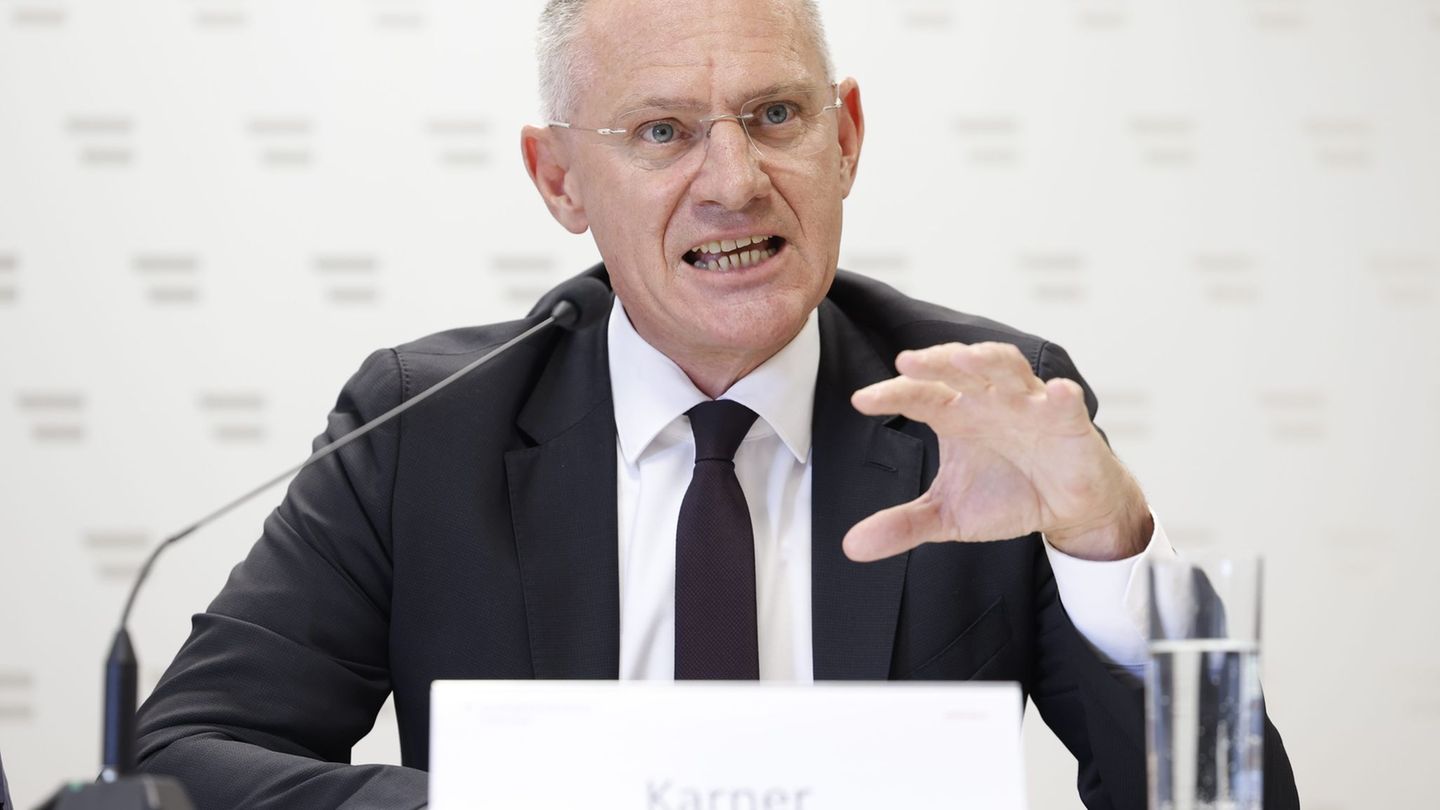Donald Trump’s victory in the US elections raises a series of questions and challenges for Latin America, and in particular for Argentina. Trump’s economic and trade policies, characterized by marked protectionism and a nationalist approach, directly affect emerging economies and redefine the global power structure. In this context, A second Trump term could represent a mix of risks and opportunities for the countryespecially in key areas such as foreign trade, migration policy and investment flows.
Trump’s election forces us to review theoretical frameworks on the interaction between protectionist policies and emerging economies, as well as on the effects of expansive monetary policies in a context of globalized economies. In the area of trade, theories such as the Heckscher-Ohlin model and game theory provide a framework to understand the impact of tariffs on the trade balance. Regarding the effects of monetary policies, Krugman (2022) and Stiglitz (2021)’s analysis of globalization and inequality helps explain how the strong dollar and Trump’s expansionary fiscal approach could affect high-debt countries in dollars, like Argentina.
Argentina, being an economy dependent on the export of agricultural products, could be harmed if the relationship with China is affected by the submission that Milei promises towards the Trump administration. In turn, a strong dollar and the application of widespread tariffs in the US economy could result in lower global demand, which would directly and indirectly affect the international prices of Argentine products.
It is going to be difficult for the sympathy between Trump and Milei, can circumvent tariff limitations through specific agreements that stimulate national exports.
Immigration policy and its economic impact
One of Trump’s most controversial proposals is the intensification of immigration controls, a measure that affects Latin American countries with high rates of migration to the US. In the case of Argentina, although the migrant community in the US is smaller compared to other countries in the region, Remittances and employment opportunities abroad are relevant. A tightening of immigration policies would limit these opportunities and reduce remittance flows, which would impact the inflow of capital into the country and could aggravate the internal economic situation.
From a foreign policy perspective, Argentina could take advantage of the ideological affinity between both leaders to obtain better conditions for its citizens in the US or, at least, avoid severe restrictions for its migrants.
Dollar dynamics and fiscal policy
The “North American capital vacuum cleaner” is underway and involves the appreciation of the dollar in a context of expansive fiscal policies and restrictive interest rates in the United States, which could have negative effects on the stability of the Argentine peso. Trump, known for his preference for expansive fiscal policies, could influence greater domestic demand and additional appreciation of the dollar, which would affect commodity prices and hinder Argentine exports.
For Argentina, a context of a strong dollar and appreciation of US assets represents a challenge: the economy would need a competitive exchange rate to sustain the level of exports, the crawling peg announced “to the letter” could hinder the BCRA’s attempts to accumulate reserves . Furthermore, the current restrictive monetary policy in the US could generate a lower availability of external financing for emerging countries, putting pressure on the Argentine exchange market.
Relationship with China and geopolitical positioning
Trump has maintained a critical stance toward China, and a second term is likely to exacerbate the rivalry between the two powers. For Argentina, which has sought to diversify its multilateral trade and investment alliances, this situation seems unnoticed.
A greater confrontation between the US and China could close doors with China, not only financial ones with swaps, but it would also do so without opening new opportunities for Argentina to act as an alternative supplier in certain markets or attract investments in strategic sectors. In this sense, Trump and Milei’s rhetoric about the creation of a “new global right” does not seem to offer Argentina a window of opportunity in terms of bilateral agreements and market access, quickly and forcefully.
Donald Trump’s victory introduces a context of high uncertainty for Argentina, where the effects can be mixed. A fluid relationship with the US should facilitate access to certain markets and financial agreements, but it would also require alignment on geopolitics and trade issues that could limit Argentina’s ability to act autonomously. It must be said that while the Trump administration is presented as an opportunity to strengthen bilateral relations, it also carries a high geopolitical and economic risk, especially if the conflict with China escalates or if the dollar appreciates drastically. For Argentina, the path forward should consider a mix of pragmatism and adaptation in its economic and foreign policies, in a context where international policy decisions will have direct implications on its economic stability and its position on the global stage.
International reserves and exchange control
The BCRA has faced a significant challenge in having to accumulate reserves in a context of negative net reserves. To date, the BCRA has purchased more than $18 billion and $18 billion has been laundered since Milei took office. However, the increase in gross reserves is barely US$7 billion, which indicates a limited capacity to stabilize the exchange rate and accumulate additional reserves. The unified exchange rate projected at $1,180 after October 2025 could be insufficient for an economy that has not yet experienced a demonstrative rebound in terms of productivity and competitiveness. Furthermore, maintaining the “exchange stocks” until the legislative elections in October 2025 represents an imponderable obstacle to attracting international investments, crucial for economic growth and financial stability.
Investments and money laundering
We said that the government has managed to earn US$18 billion through money laundering, and this has temporarily changed the economic dynamics. This income has allowed the BCRA to purchase more than half of the available reserves, slightly improving gross reserves, but without reaching sustainable levels. This whitewashing has been crucial to maintaining short-term economic stability, but it does not replace the need for reforms that boost long-term growth.
The recovery of the Argentine economic cycle starts from the fifth underground and is just a photo, not the movie. The measures implemented have had an incomplete and poorly articulated impact.
The conflict emerging from the unusual social exclusion could increase if the economic recovery and the improvement of real wages do not advance at the necessary pace to improve the situation of the more than 5.5 million new poor. This situation could increasingly complicate the political face for the mid-term elections in October 2025, definitively affecting governability, if the post-election result does not favor the ruling party.
Final thoughts
This brief analysis shows that the re-election of Donald Trump and Javier Milei has multiple implications for Argentina. If formalized, the political relationship between Trump and Milei should facilitate agreements, however, Trump’s protectionist policies and the dynamics of the dollar represent challenges that require high precision on the part of the Argentine government.
In Milei’s theoretical framework, with the IMF’s goals, a more competitive exchange rate is closely linked to the accumulation of reserves, a fundamental condition to sustain economic stability and the sustainability of public debt. However, in this approach, the maintenance of the exchange rate represents a significant brake on attracting investments and generating a trade balance that allows the accumulation of the foreign currency necessary to meet the external debt. The close geopolitical alignment with the US, instead of ensuring a flow of investments, increases economic dependence and amplifies the inherent risks of an asymmetric relationship. Argentina must precisely evaluate the real and tangible opportunities of this exclusive alliance with the Trump administration, carefully weighing the economic and geopolitical risks that it entails in an increasingly volatile and unpredictable global context.
Director of Esperanza Foundation. https://fundacionesperanza.com.ar/ UBA Postgraduate Professor and Master’s Degrees at private universities. Master in International Economic Policy, Doctor in Political Science, author of 6 books
Source: Ambito
David William is a talented author who has made a name for himself in the world of writing. He is a professional author who writes on a wide range of topics, from general interest to opinion news. David is currently working as a writer at 24 hours worlds where he brings his unique perspective and in-depth research to his articles, making them both informative and engaging.




